Richard Miller, arrived in Alabama in the early 1830s with his brother Cornelius and fellow Scotsman George Herd. Miller and Herd purchased their first quarry in 1835 and were operational by 1836 –just prior to the removal of the Creek Indians from Alabama on the “Trail of Tears.”
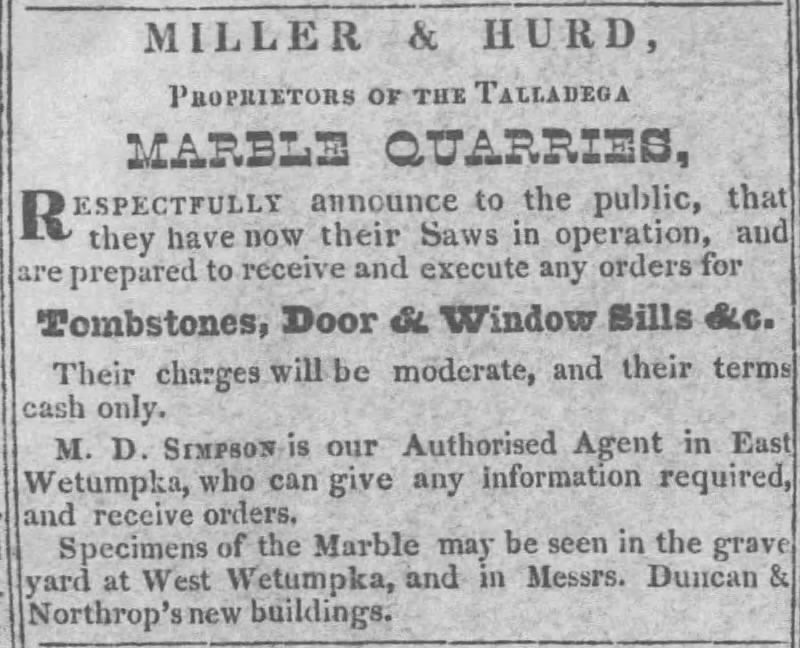
On October 25, 1838, the following ad appeared in the Jacksonville Republican newspaper. “Miller & Hurd, Proprietors of the Talladega Marble Quarries, respectfully announce to the public, that they now have their Saws in operation, and are prepared to receive and execute any orders for Tombstones, Door & Window Sills & c. Their charges will be moderate & their terms cash only. M. D. Simpson is our Authorised Agent in East Wetumpka, who can give any information required and receive orders. Specimens of the Marble may be seen in the graveyard at West Wetumpka & in Messrs. Duncan & Northrup’s new buildings.”
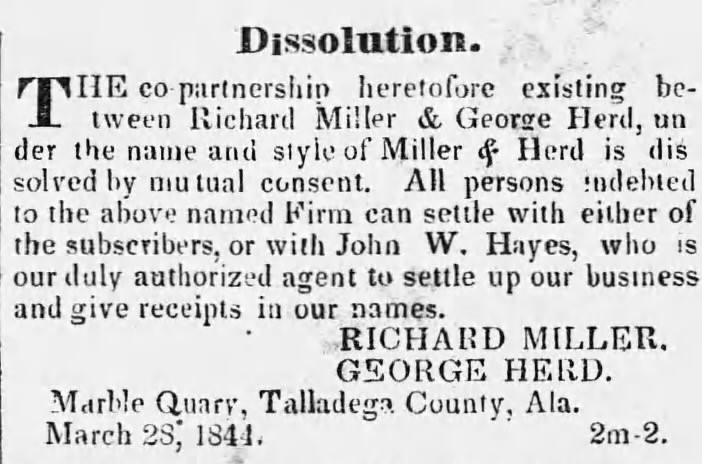
In 1844, George Herd and Richard Miller announced in the Wetumpka Argus that their business would be dissolved by mutual consent. They were co-owners in a Talladega marble quarry, which George Herd bought out in 1844.
Richard Miller moved to Columbus, Mississippi and went into business selling headstones, monuments and other marble work, with his brother Cornelius. There are many stones in Alabama signed “R & C Miller, Col. Miss.” or “R. Miller” and it is probable that the Millers and Herds maintained a mutually beneficial business relationship.
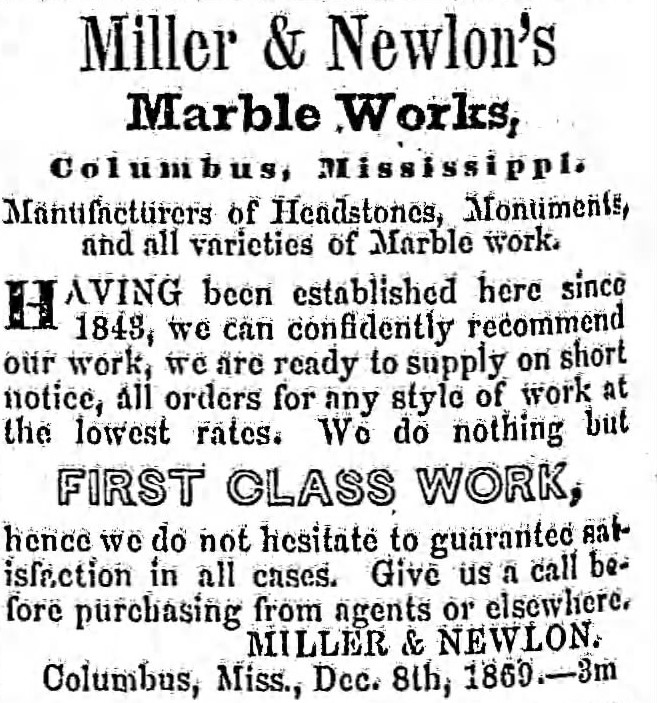
Miller & Newlon’s Marble Works, established in Columbus, Mississippi in 1843, is still in operation as “Columbus Marble Works” manufacturing monuments and markers.
When brother Cornelius left the marble business for farming, Richard partnered with his apprentice William H. Newlon naming the business Miller-Newlon. After Miller retired, Newlon took over the business.
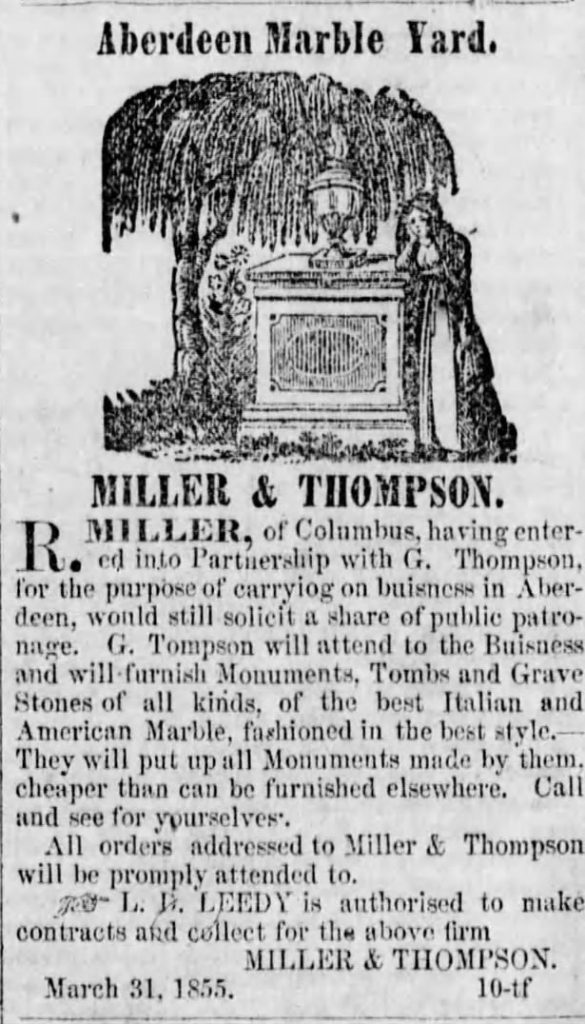
In 1855 Richard Miller opened a branch in Aberdeen, Mississippi named the Aberdeen Marble Yard, Miller and Thompson. They provided a number of beautiful white, marble monuments and headstones in the Old Aberdeen Cemetery. The partnership was terminated in 1859.
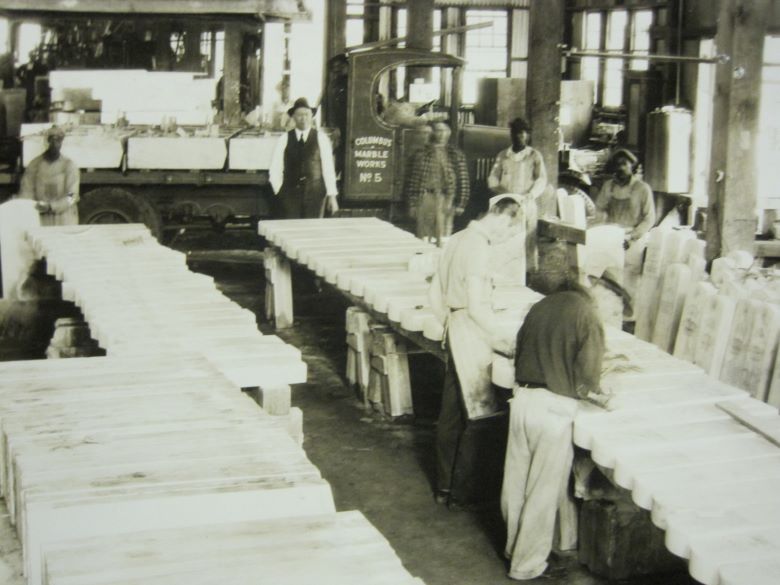
In 1932 Columbus Marble works secured a contract from the Federal Government for 12,000 headstones for its soldiers which enabled them to expand to Alabama, Georgia and Tennessee.
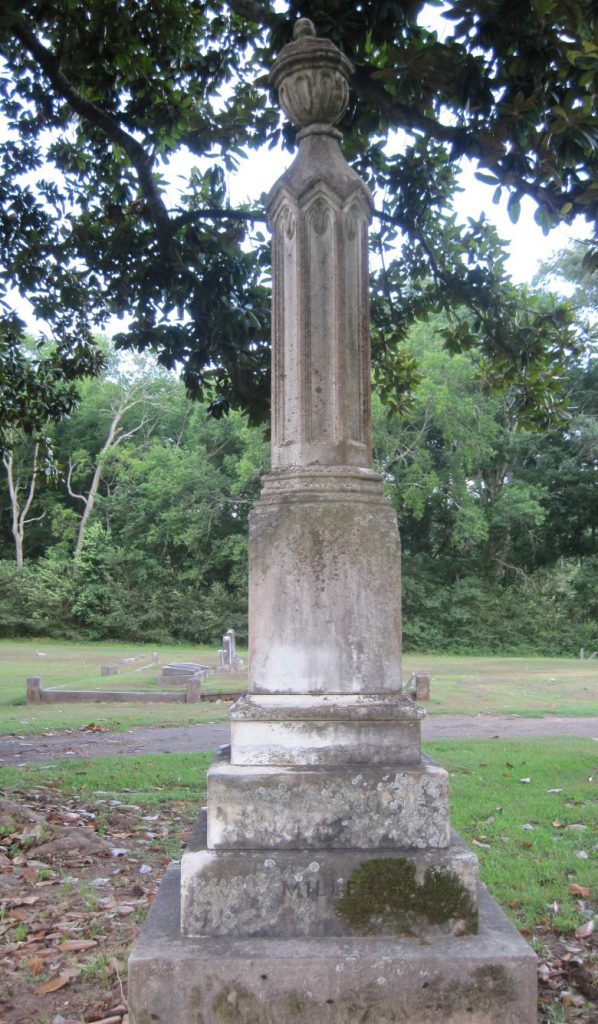
Richard Miller died in 1872 and is buried in the Friendship Cemetery in Columbus, Mississippi with his daughter Annie.
Richard and Cornelius were the sons of Cornelius Miller and Elisabeth Elliot of Scotland. Cornelius and Elisabeth’s other children were Margaret, Janet, James and John Bown Miller. All immigrated from Scotland to the United States after 1824.
Cornelius died unmarried in 1874 and their mother, Elisabeth in 1862. Both are in the Miller lot in Friendship Cemetery as well as siblings John and Margaret.
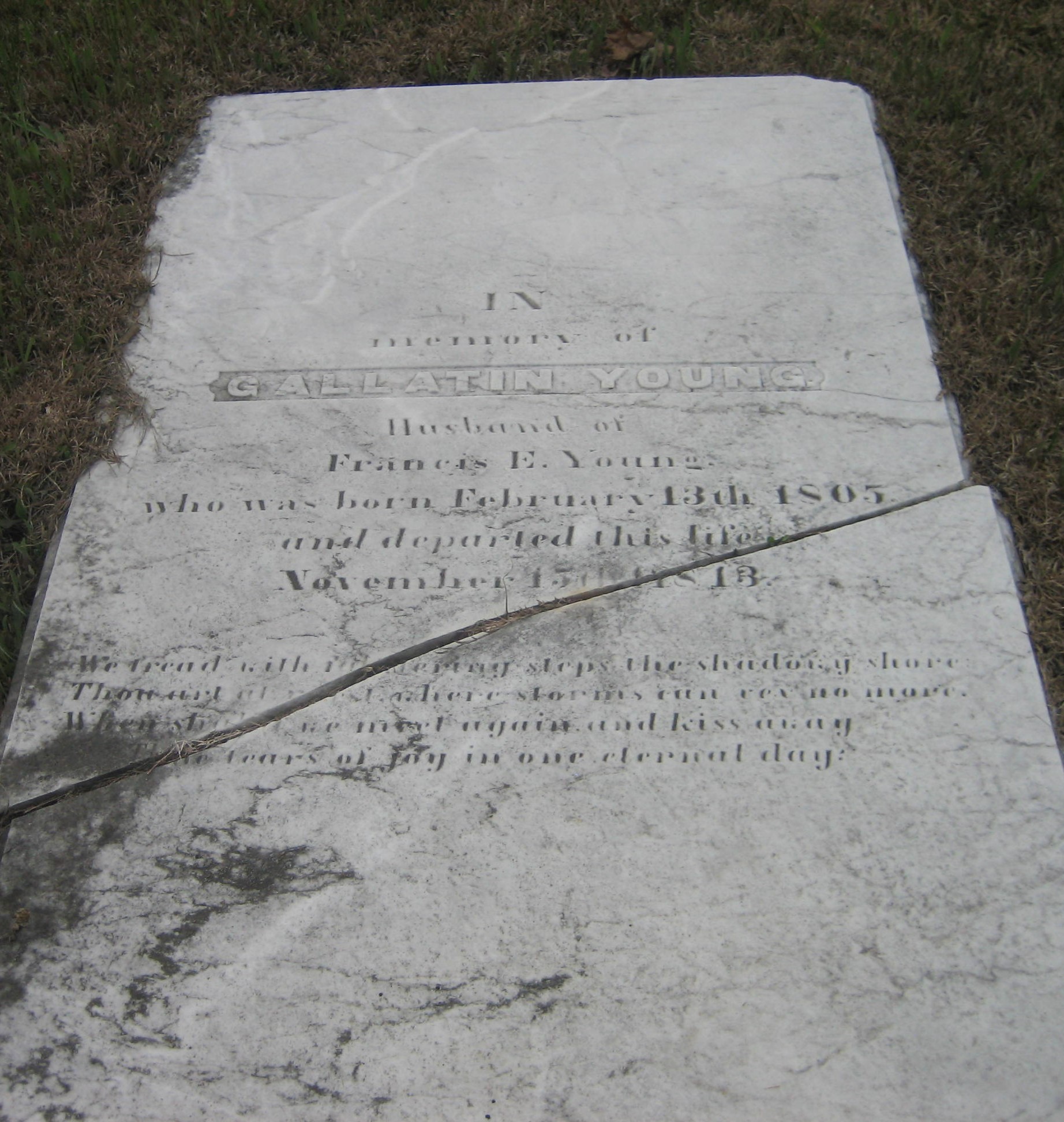
Gallatin Young, Franconia Cemetery, Pickens County, Alabama 
Old Aberdeen Cemetery, Mississippi 
Jerusha Sims, Greenwood Cemetery, Tuscaloosa, Alabama 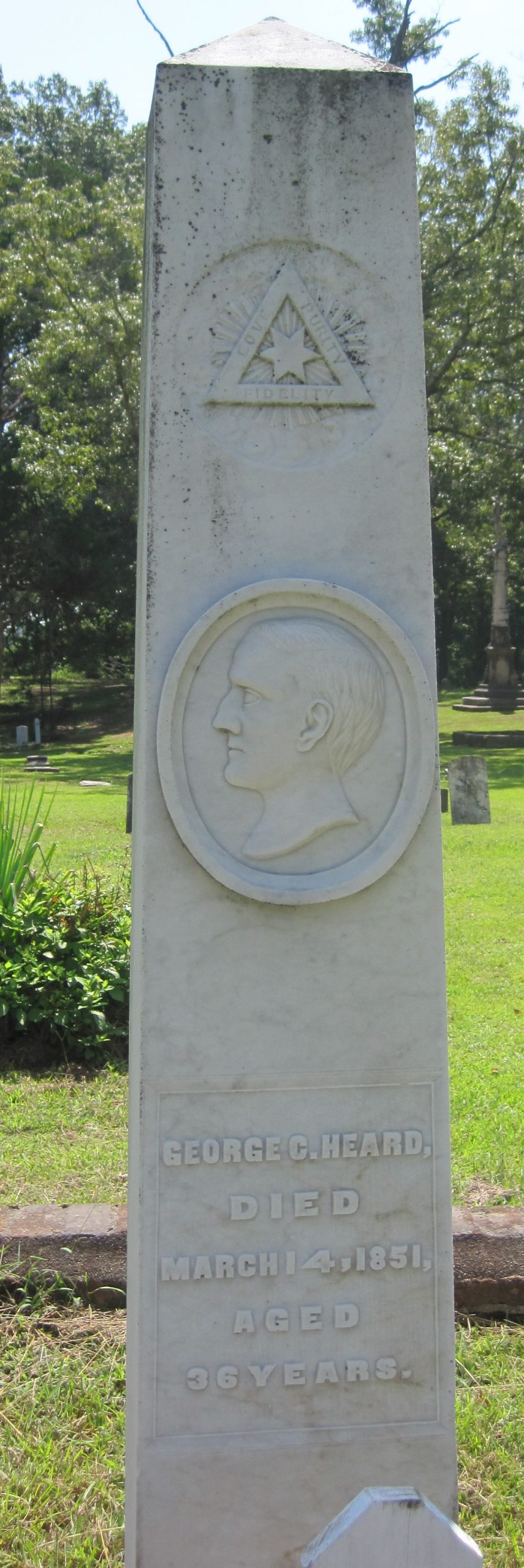
George Heard, Old Aberdeen Cemetery, Mississippi 
Whitfield Mausoleum, Old Aberdeen Cemetery, Mississippi 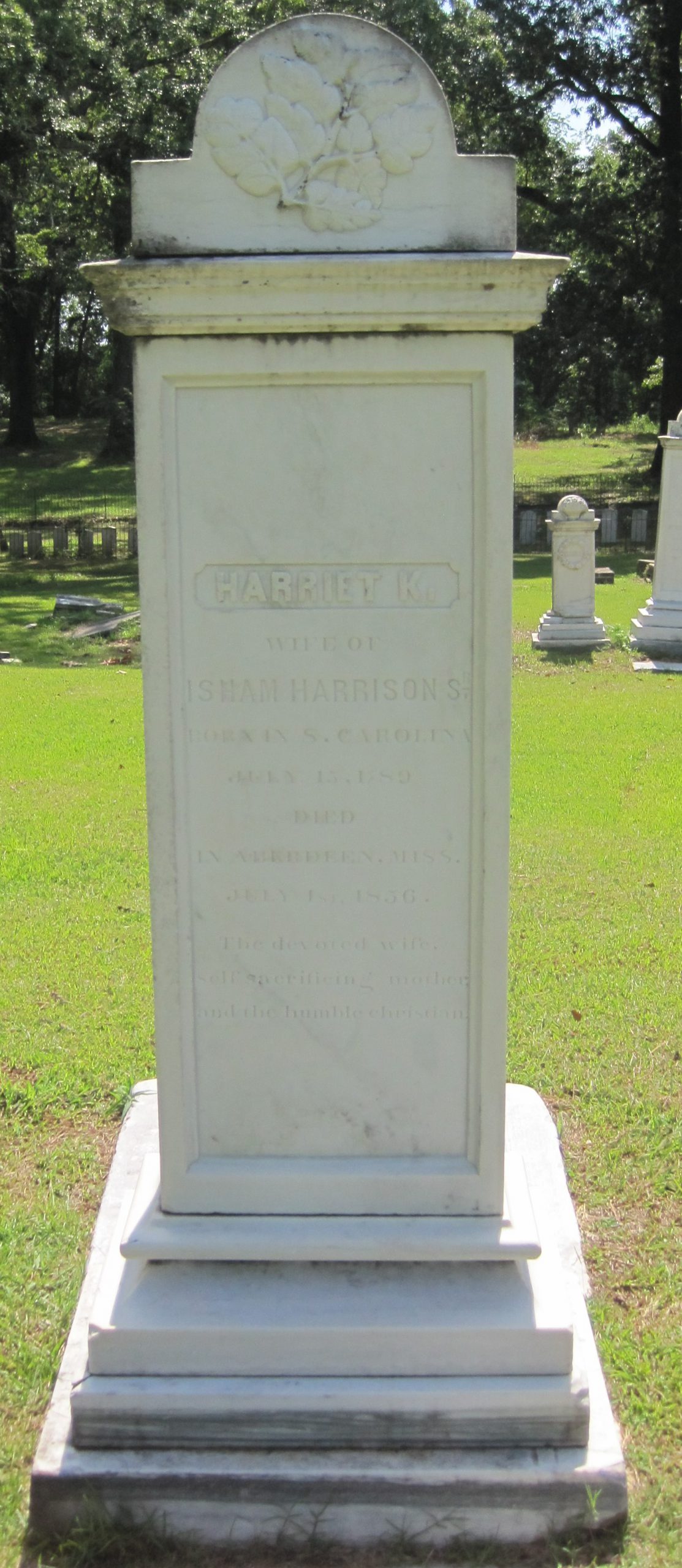
Harriet Harrisons, Old Aberdeen Cemetery, Mississippi 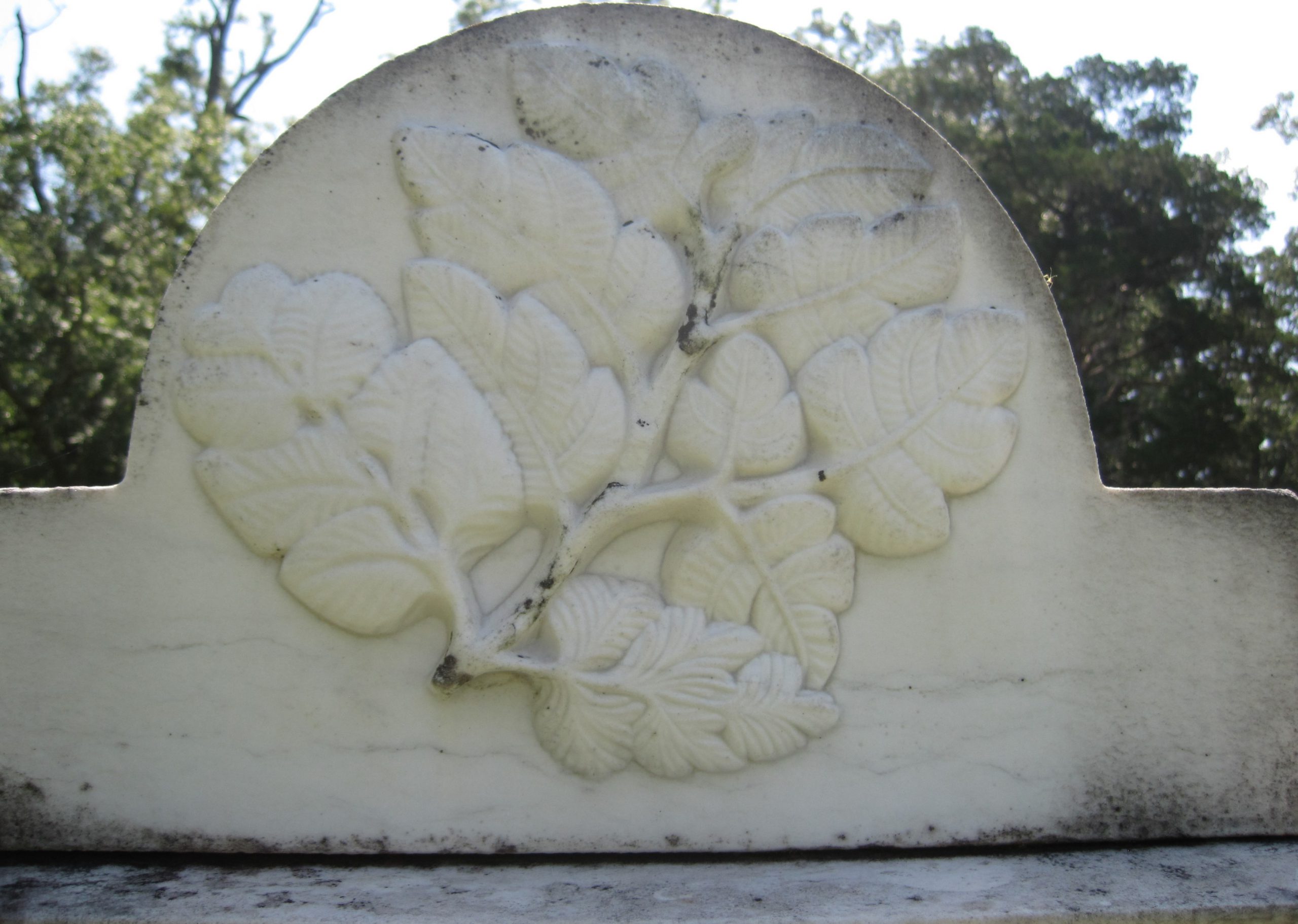
Harriet Harrisons, Old Aberdeen Cemetery, Mississippi 
William Harrison, Old Aberdeen Cemetery, Mississippi 
William Harrison, Old Aberdeen Cemetery, Mississippi 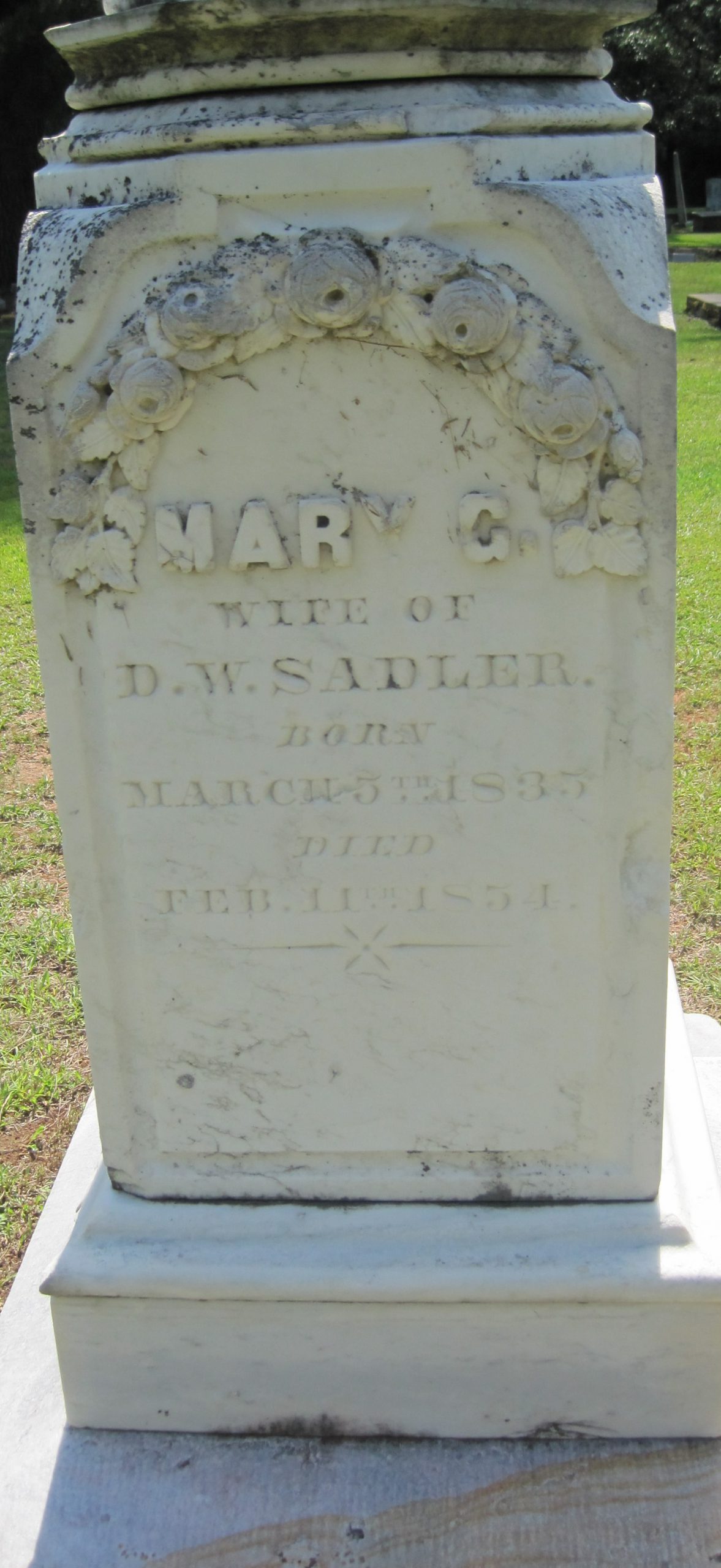
Mary Sadler, Old Aberdeen Cemetery, Mississippi 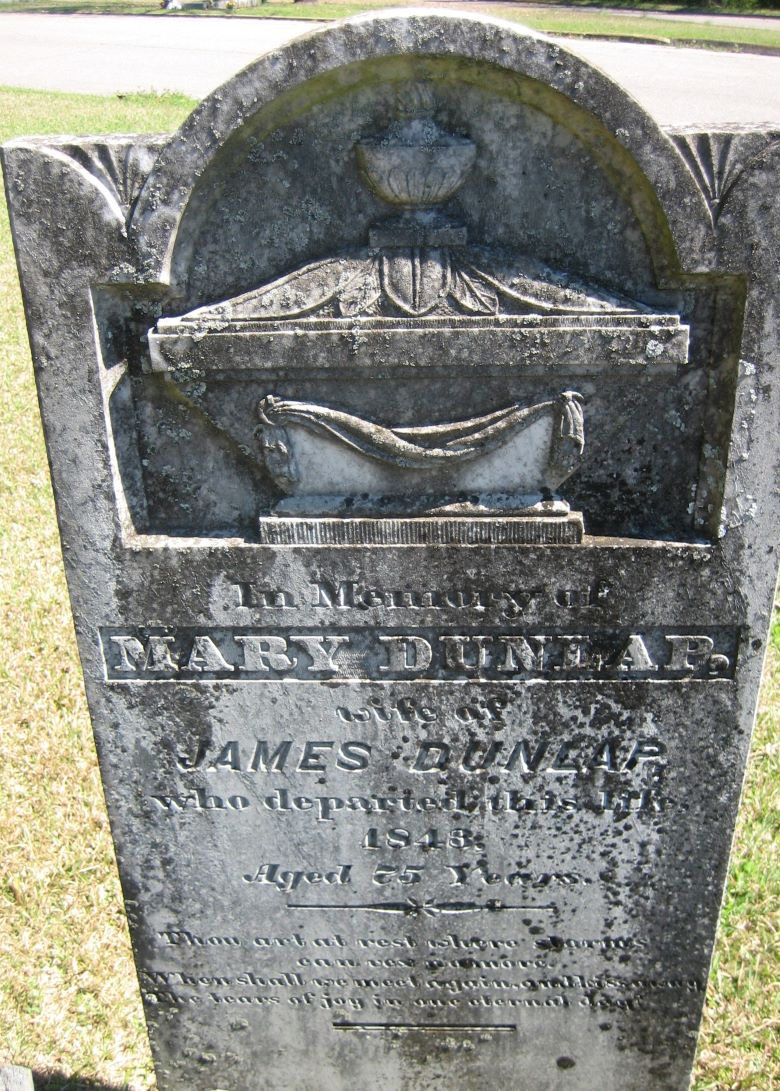
Mary Dunlap, Mesopotamia Cemetery, Greene County, Alabama 
George Kraft, Old Aberdeen Cemetery, Mississippi 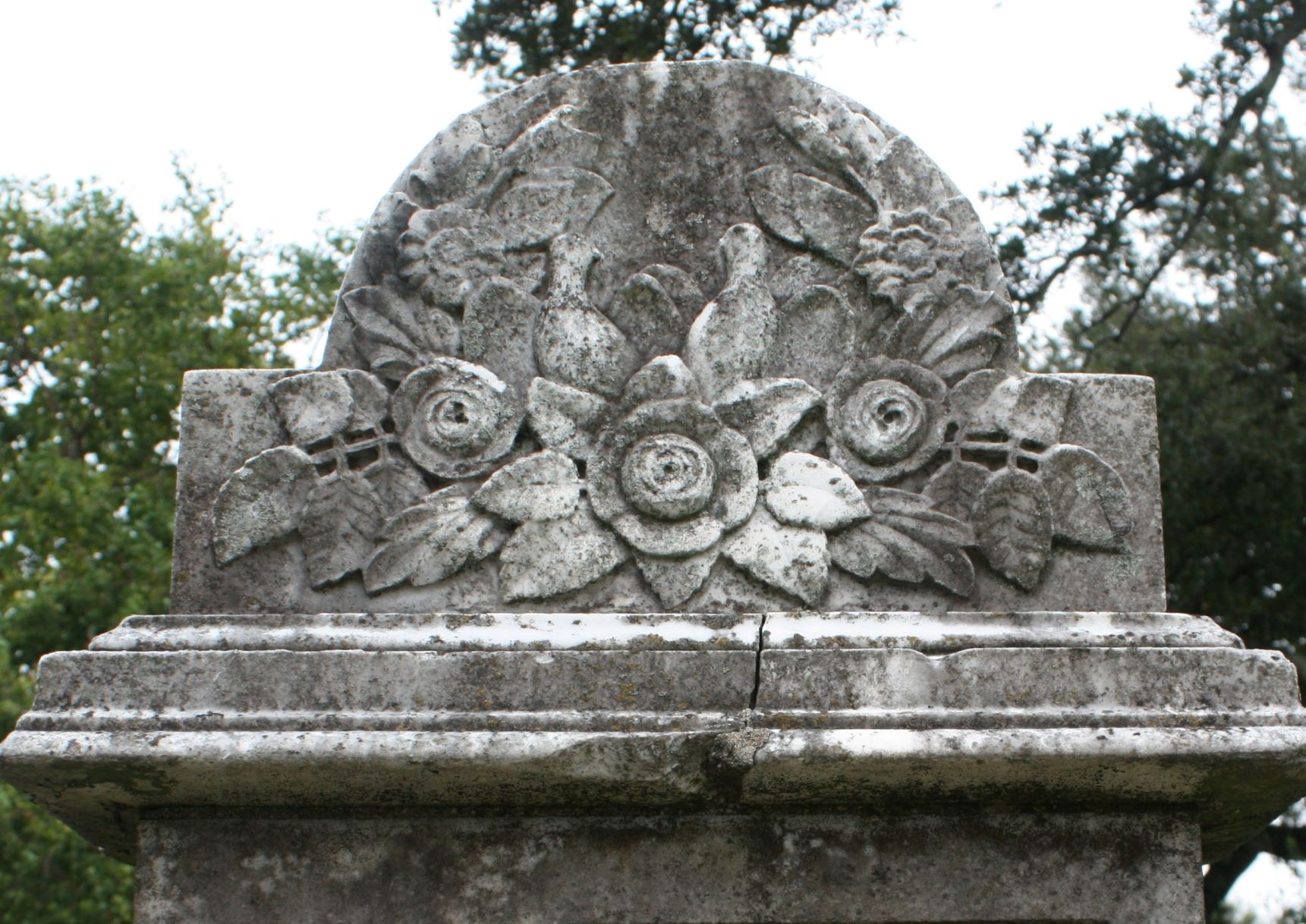
Church Sreet Cemetery, Mobile, Alabama 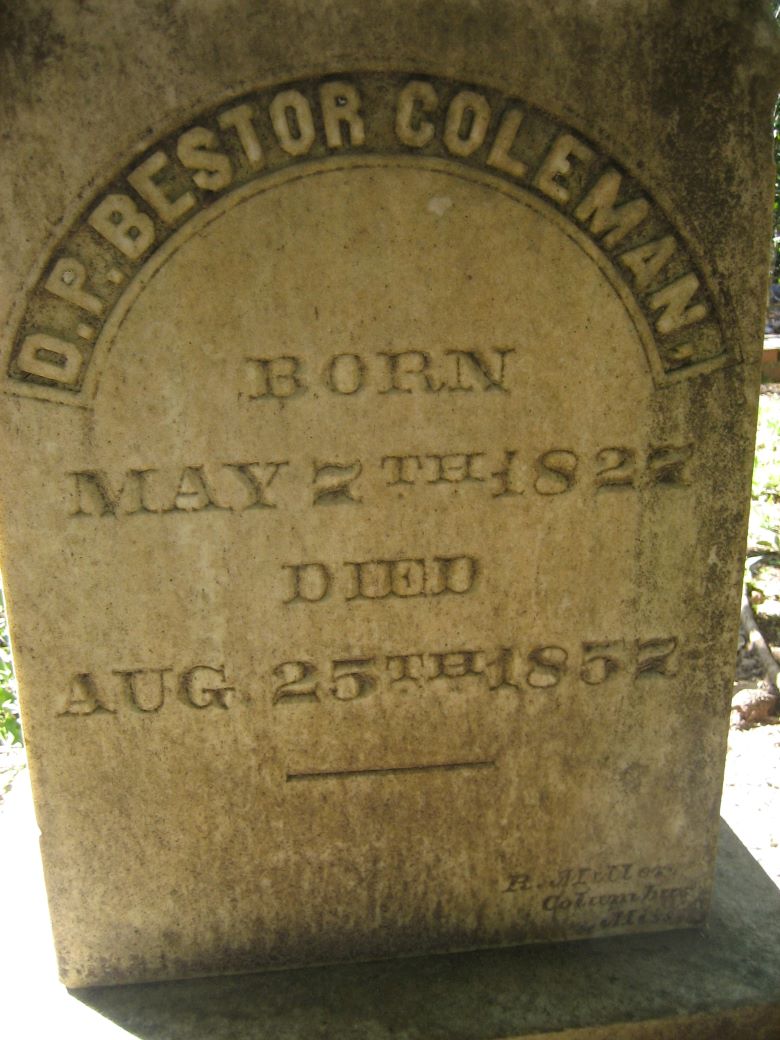
Bestor Coleman, Grassdale Cemetery, Greene County, Alabama 
Bestor Coleman, Grassdale Cemetery, Greene County, Alabama 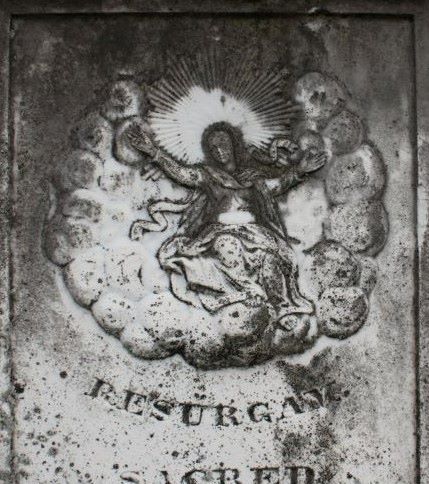
Church Sreet Cemetery, Mobile, Alabama 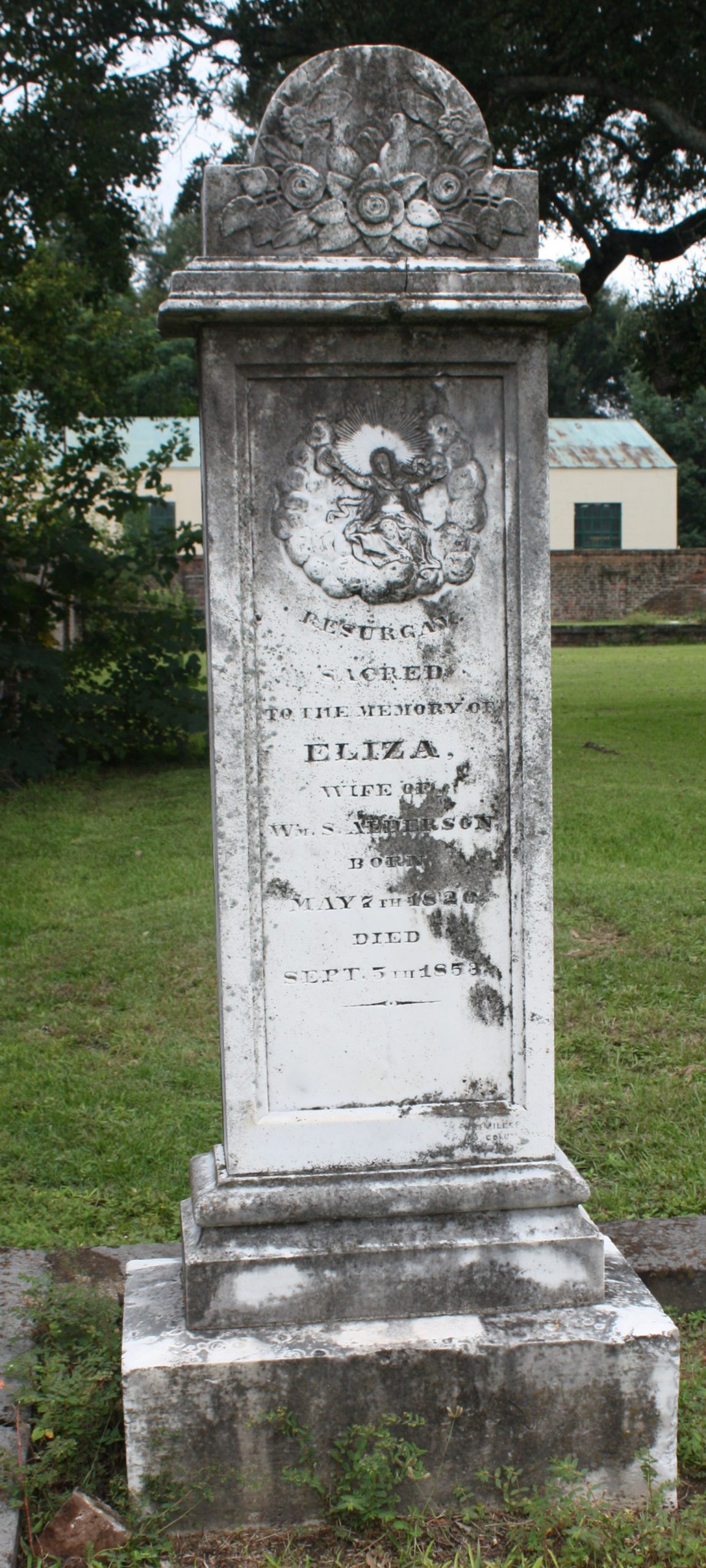
Church Sreet Cemetery, Mobile, Alabama 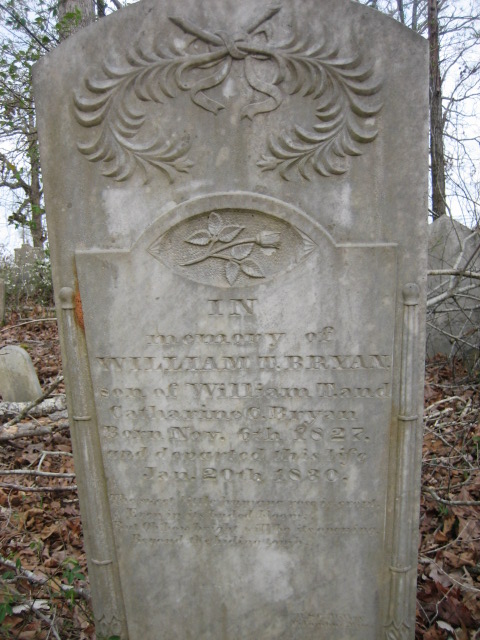
William Bryan, Bigbee Cemetery, Greene County, Alabama